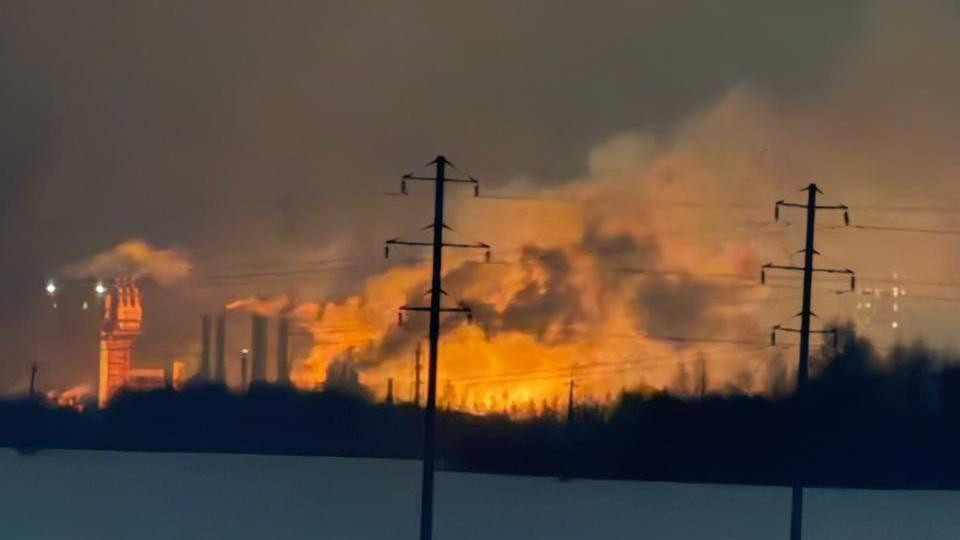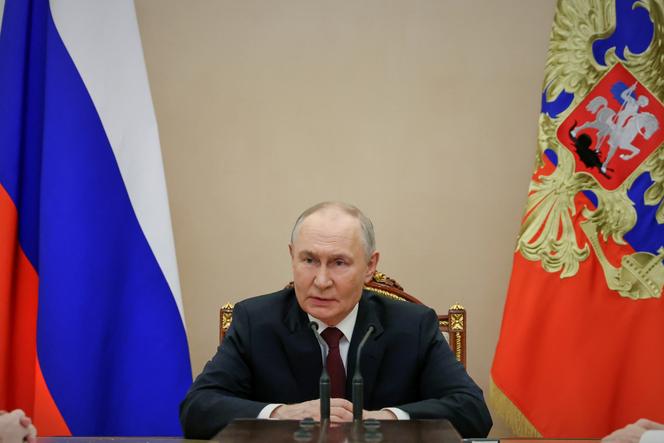An explosion that damaged a railway line from Warsaw to Lublin, a key route to Ukraine, has been described as an “unprecedented act of sabotage” by Polish Prime Minister Donald Tusk. The blast, reported on Sunday, has raised security concerns due to the route’s use for transporting weapons and humanitarian aid to Ukraine.
“This route is also used to transport weapons to Ukraine,” Tusk said in a video address. “Fortunately, no tragedy occurred, but the legal implications are very serious.” He vowed that authorities will identify and prosecute those responsible, “regardless of who their backers are,” in a post on X.
Polish police said the incident was first reported by a train driver, although it was initially unclear whether the damage resulted from sabotage. Defense Minister Władysław Kosiniak-Kamysz confirmed that the military is inspecting a 120-kilometer (74.6-mile) stretch of railway leading to the Ukrainian border to assess the extent of the damage.
Read Also: Poland Warns Putin Against Using Its Airspace For Trump Summit
The explosion follows a series of sabotage, arson, and cyberattacks targeting Poland and other European countries since Russia’s invasion of Ukraine. Warsaw has repeatedly accused Moscow of orchestrating such attacks, citing Poland’s role as a hub for aid to Kyiv, though Russia has denied involvement.
In October, Poland and Romania detained eight individuals suspected of planning sabotage operations on behalf of Russia, highlighting ongoing security concerns over the movement of goods and military supplies to Ukraine.
Tusk called the blast a direct threat to the security of the Polish state and its citizens, emphasizing the strategic importance of the Warsaw-Lublin line. “An investigation is underway. Just like in previous cases of this kind, we will catch the perpetrators,” he wrote on X.
Authorities have stepped up monitoring of critical transport routes to prevent further incidents and ensure the safe passage of military and humanitarian shipments to Ukraine. The outcome of ongoing investigations may influence regional security measures and counter-sabotage strategies across Eastern Europe.










